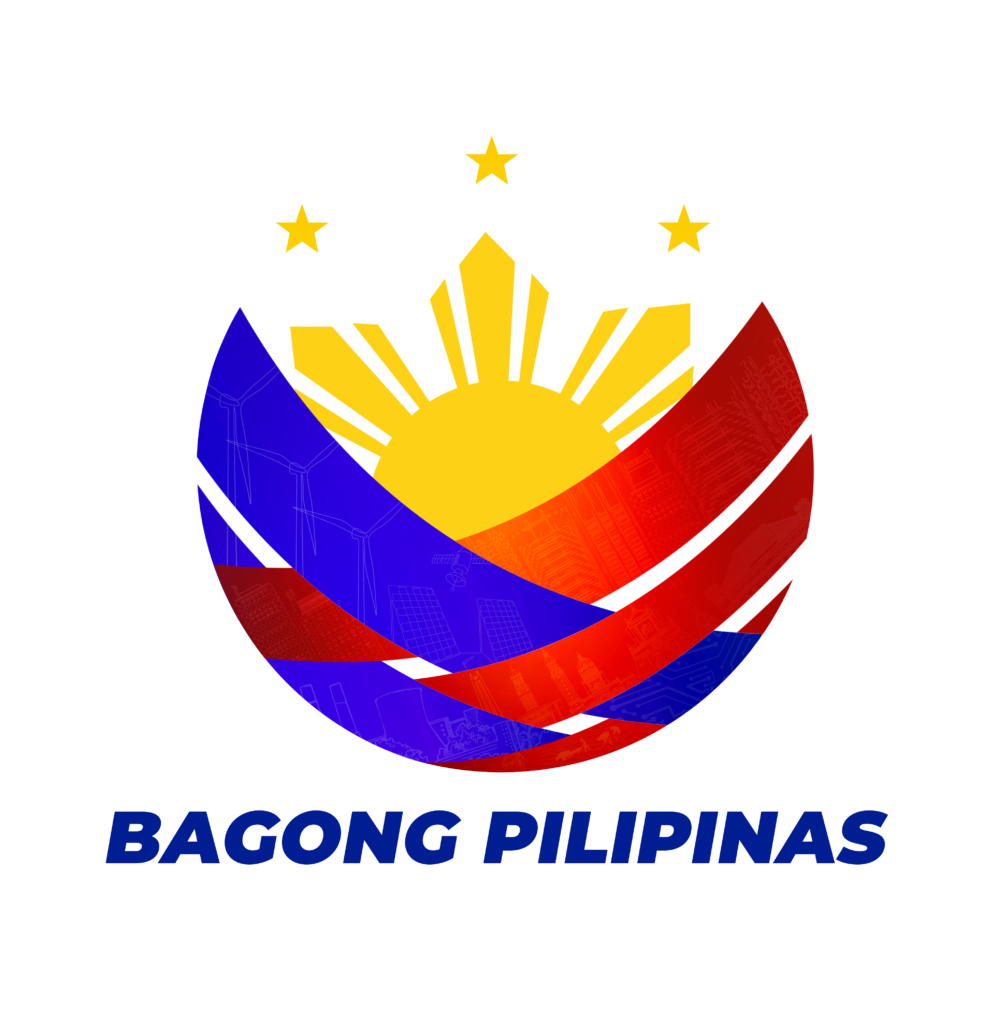About Us
Fertilizer and pesticides are indispensable inputs towards ensuring agricultural productivity and food sufficiency. Fertilizers supply the needed nutrients of crops while pesticides protect crops from adverse effects of pests, microorganisms, and weeds. The creation of the Agency is in response to the need to regulate fertilizer and pesticide imports and exports and ensure their adequate supply in the country.
History
1972-1973
The Philippine government created the Fertilizer and Industry Authority (FIA) by virtue of Presidential Decree No. 135 signed by Ferdinand Marcos on 22 February 1973. It serves as a response to the decrease in rice production caused by fertilizer shortage, series of natural calamities and prevailing oil crisis in the 1970s.
The Philippine government created the Fertilizer and Industry Authority (FIA) by virtue of Presidential Decree No. 135 signed by Ferdinand Marcos on 22 February 1973. It serves as a response to the decrease in rice production caused by fertilizer shortage, series of natural calamities and prevailing oil crisis in the 1970s.
1977
Since application of pesticide products goes side by side with fertilizers in agricultural production, the government thought of expanding its regulatory powers to pesticide industries. The FIA was then replaced by the Fertilizer and Pesticide Authority (FPA) which was created on 30 May 1977 by virtue of P.D. 1144. This is also attributed to the fact that fertilizer and pesticide industries possesses the same clientele, distribution channels, system of application in farmers’ fields and technical supervision by the same farm management technicians under the government's food production program.
Under the new law, FPA acquired broader powers with absolute control over the fertilizer and pesticide sector. FPA’s mandate can be categorized into regulatory, monitoring, evaluation, and promotion.
Since application of pesticide products goes side by side with fertilizers in agricultural production, the government thought of expanding its regulatory powers to pesticide industries. The FIA was then replaced by the Fertilizer and Pesticide Authority (FPA) which was created on 30 May 1977 by virtue of P.D. 1144. This is also attributed to the fact that fertilizer and pesticide industries possesses the same clientele, distribution channels, system of application in farmers’ fields and technical supervision by the same farm management technicians under the government's food production program.
Under the new law, FPA acquired broader powers with absolute control over the fertilizer and pesticide sector. FPA’s mandate can be categorized into regulatory, monitoring, evaluation, and promotion.
1986
The fertilizer industry was liberalized as part of the government’s policy to open up domestic agriculture to foreign competition. This included the abandonment of quantitative restriction for fertilizer and with it the price-setting function of FPA. Import duties were also reduced to one to three percent through a series of tariff reduction executive issuances.
1997
The Agriculture and Fisheries Modernization Act (AFMA) allowed the duty-free importation of fertilizer enterprises engaged in agriculture. The law exempts fertilizer subsidiaries from payment of the 12% Value-Added Tax.
May 5, 2014
FPA was transferred to the Office of the Presidential Assistant for Food Security and Agricultural Modernization (OPAFSAM) through Executive Order No. 165 signed by President Benigno Aquino III.
September 17, 2018
FPA was brought back to DA’s fold by virtue of Executive Order 62 signed by President Rodrigo Roa Duterte.
The fertilizer industry was liberalized as part of the government’s policy to open up domestic agriculture to foreign competition. This included the abandonment of quantitative restriction for fertilizer and with it the price-setting function of FPA. Import duties were also reduced to one to three percent through a series of tariff reduction executive issuances.
1997
The Agriculture and Fisheries Modernization Act (AFMA) allowed the duty-free importation of fertilizer enterprises engaged in agriculture. The law exempts fertilizer subsidiaries from payment of the 12% Value-Added Tax.
May 5, 2014
FPA was transferred to the Office of the Presidential Assistant for Food Security and Agricultural Modernization (OPAFSAM) through Executive Order No. 165 signed by President Benigno Aquino III.
September 17, 2018
FPA was brought back to DA’s fold by virtue of Executive Order 62 signed by President Rodrigo Roa Duterte.

